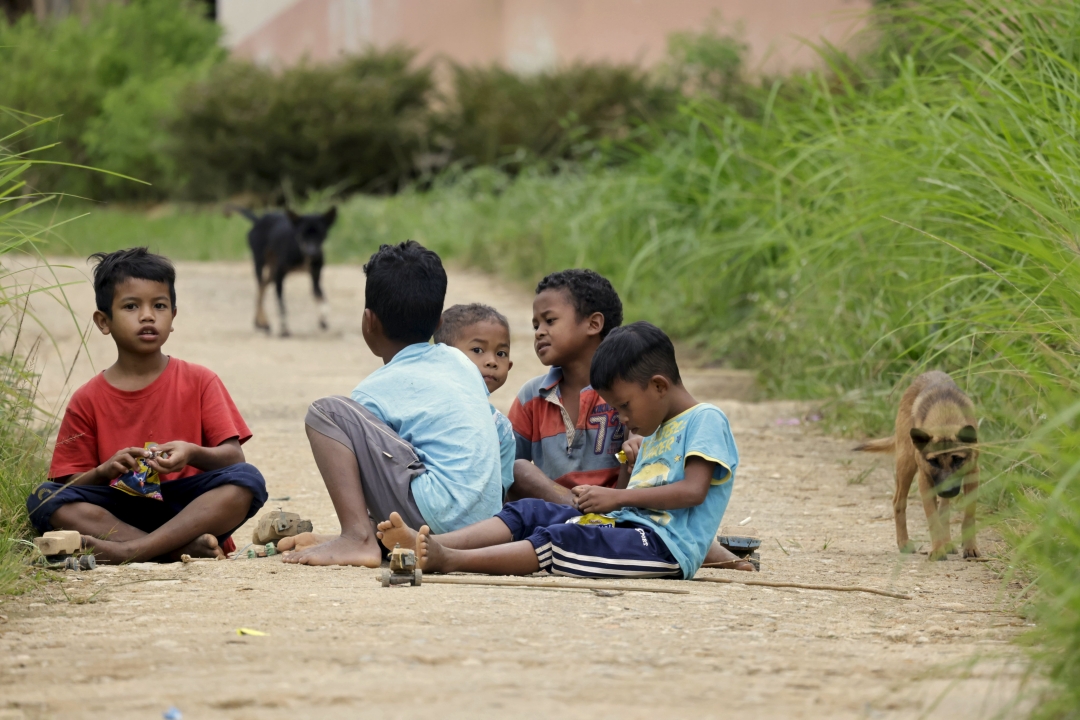A WANITA MCA leader has expressed concern over a recent report that Orang Asli children in Kampung Sungai Temun, Johor Bahru are skipping school to work at nearby eateries.
According to Wanita MCA national deputy chairperson Tee Hooi Ling, this reflects how poverty impacts not only these children’s childhoods but also their parents’ lives, trapping them in a cycle that is hard to escape.
“While the immediate financial relief from children working may seem necessary, the long-term effects are damaging. The lack of education limits these children’s future opportunities, perpetuating the same cycle of poverty for the next generation,” she stated.
“If the current education system is failing the children, then education should be extended to the parents. This is crucial, as the problem isn’t just about parents not sending their children to school, it reflects a system that hasn’t provided enough support to help them make informed decisions.”
Tee further noted that parents may not fully realise the value of education in breaking the cycle of poverty, and in their struggle for survival, sending a child to school may seem less urgent than getting them to work.
As such, educating parents on the long-term benefits of schooling can change how they view their children’s futures and encourage better decisions.
“Communities like Kampung Sungai Temun show that local leaders, such as village head Salim Palon, are already aware of the importance of education. What’s needed now is to build on this awareness and work with the community in an inclusive, collaborative way,” she said.
“Instead of imposing external solutions, it would be more effective to partner with local leaders who can spread the message about education in a way that resonates with parents. Involving the community increases the chance of creating lasting change.”
Tee went on to stress that to help parents understand education’s value, it is crucial to provide not just information but also practical support to ease their immediate financial pressures.
She said financial incentives for school attendance, such as small stipends or subsidies for school meals, could help make school a more viable option.
“Teachers could be offered hardship allowances to encourage them to work in underserved areas. Additionally, local Orang Asli leaders, trusted figures within their communities, could offer after-hours tutoring or mentorship, giving children the chance to catch up on studies while parents learn about the long-term benefits of education,” she continued.
“Ultimately, sustainable, community-driven solutions are key to breaking the poverty cycle. By shifting focus from child labour to meaningful educational opportunities, we can support both children and their families, helping them break free from poverty.”
Main image: Bernama









